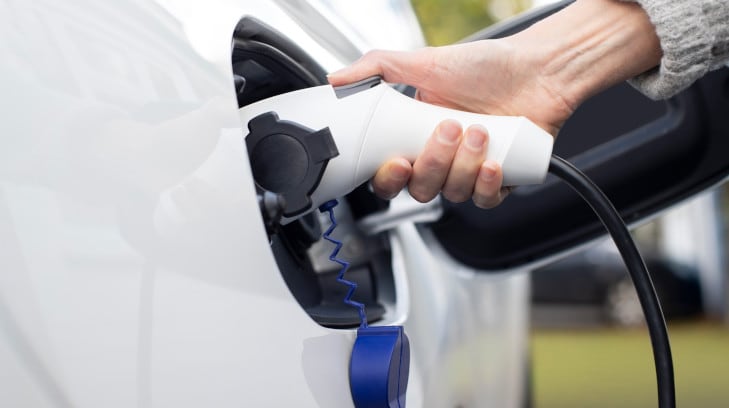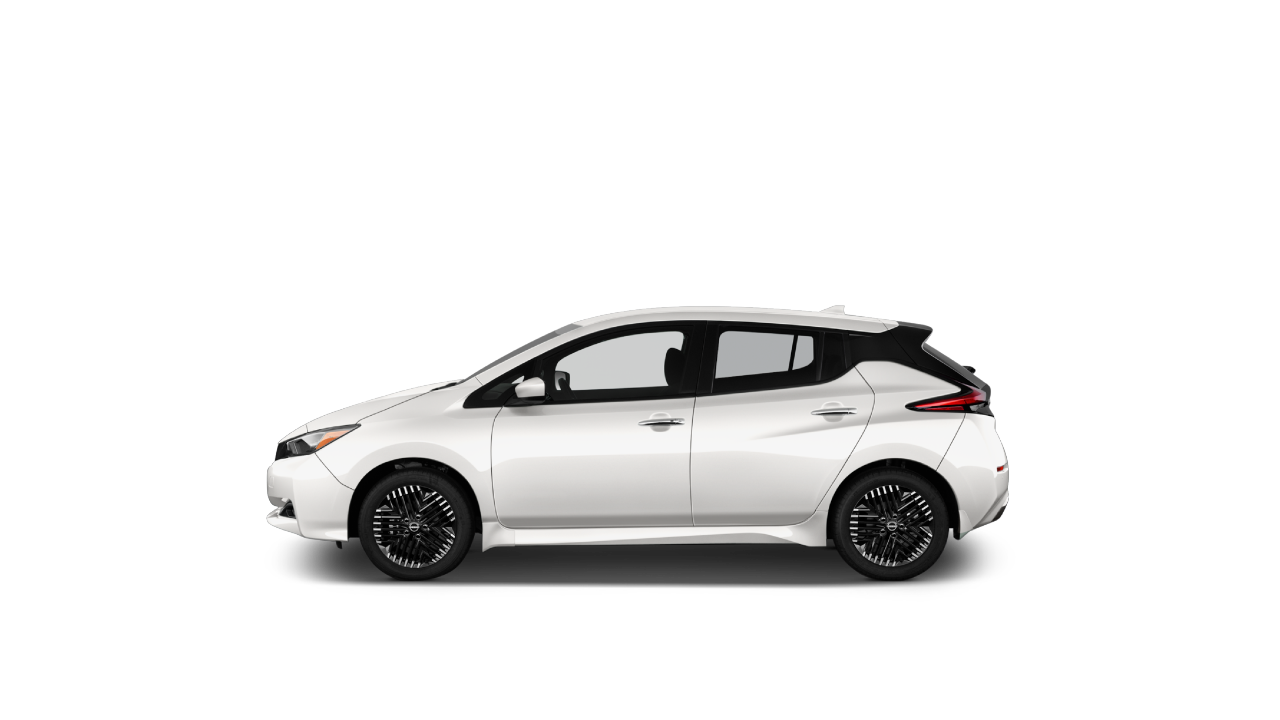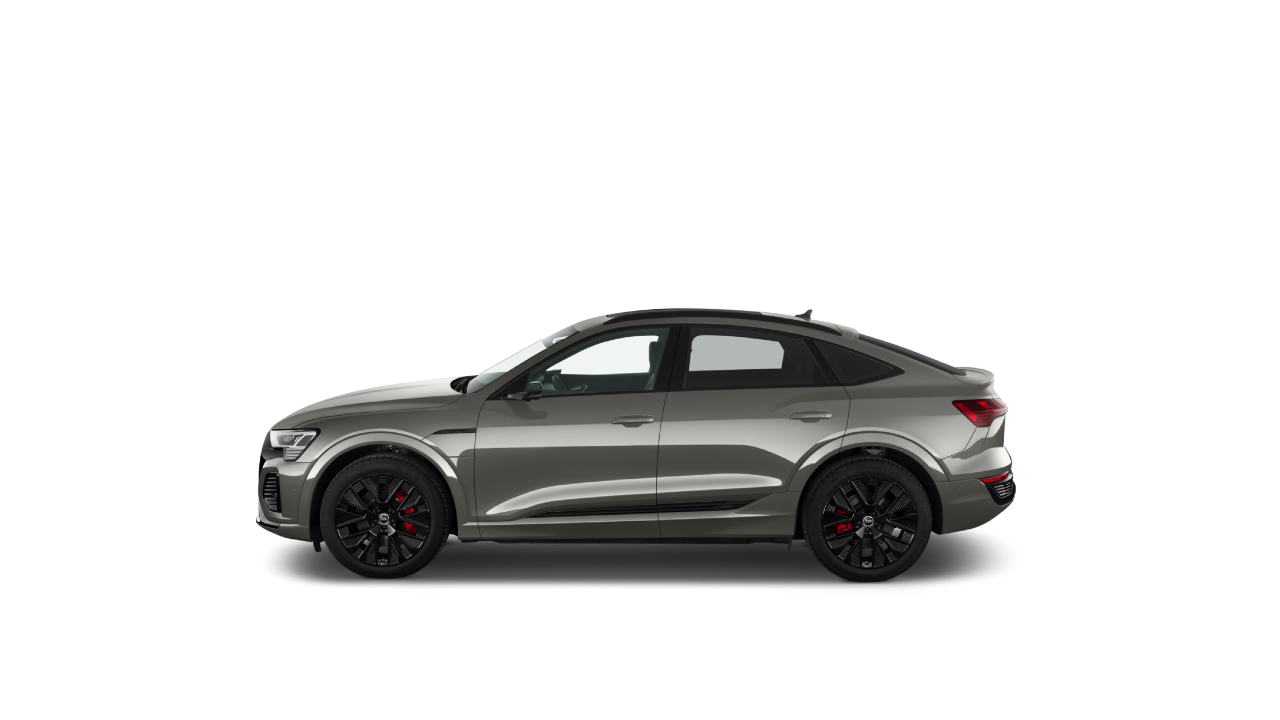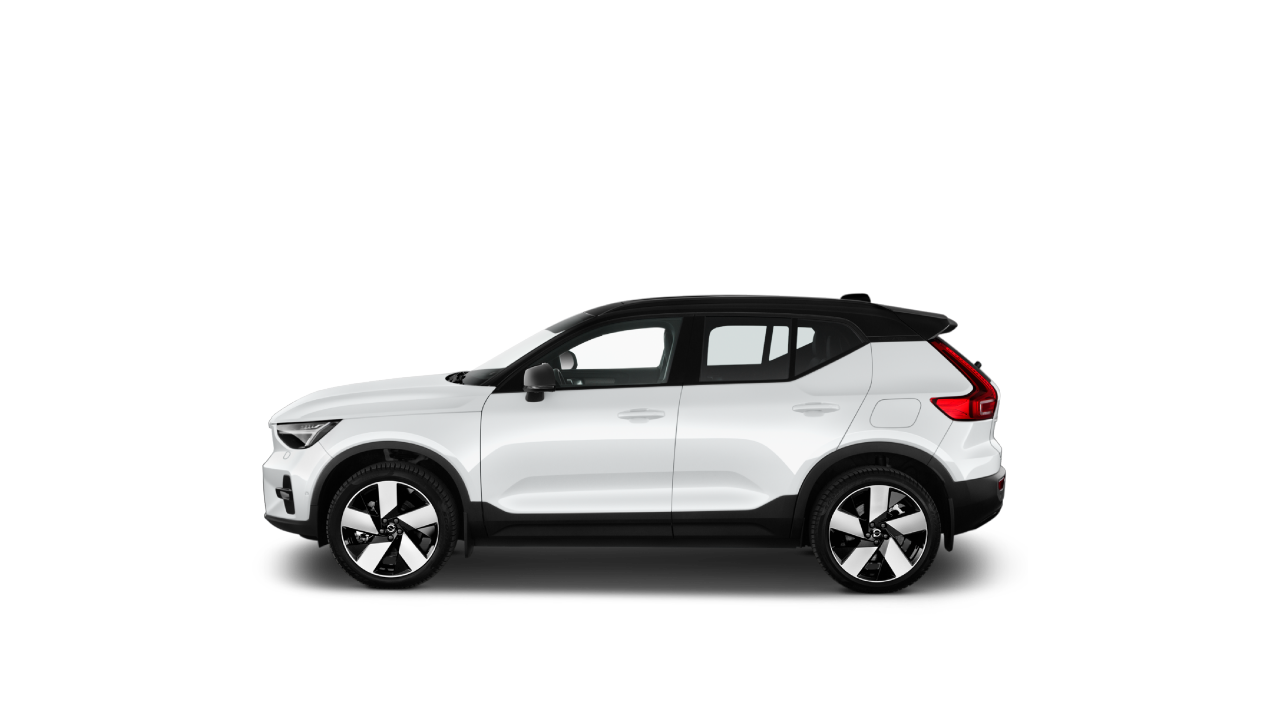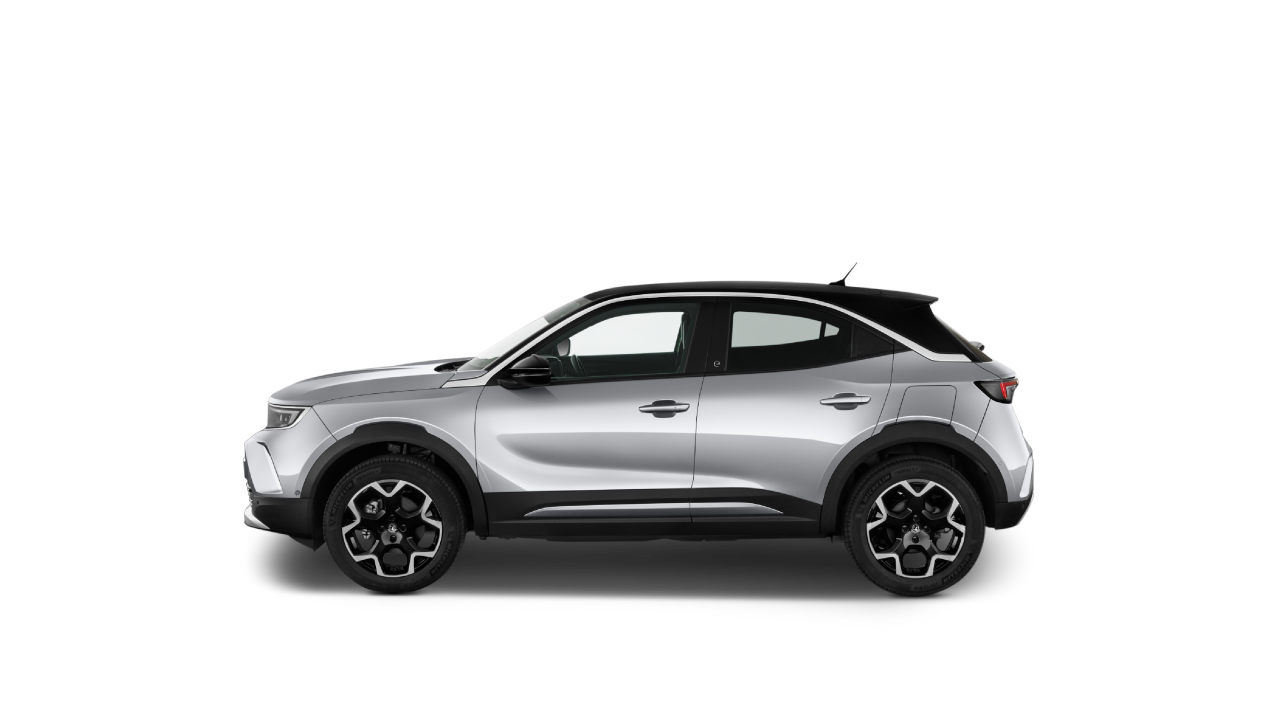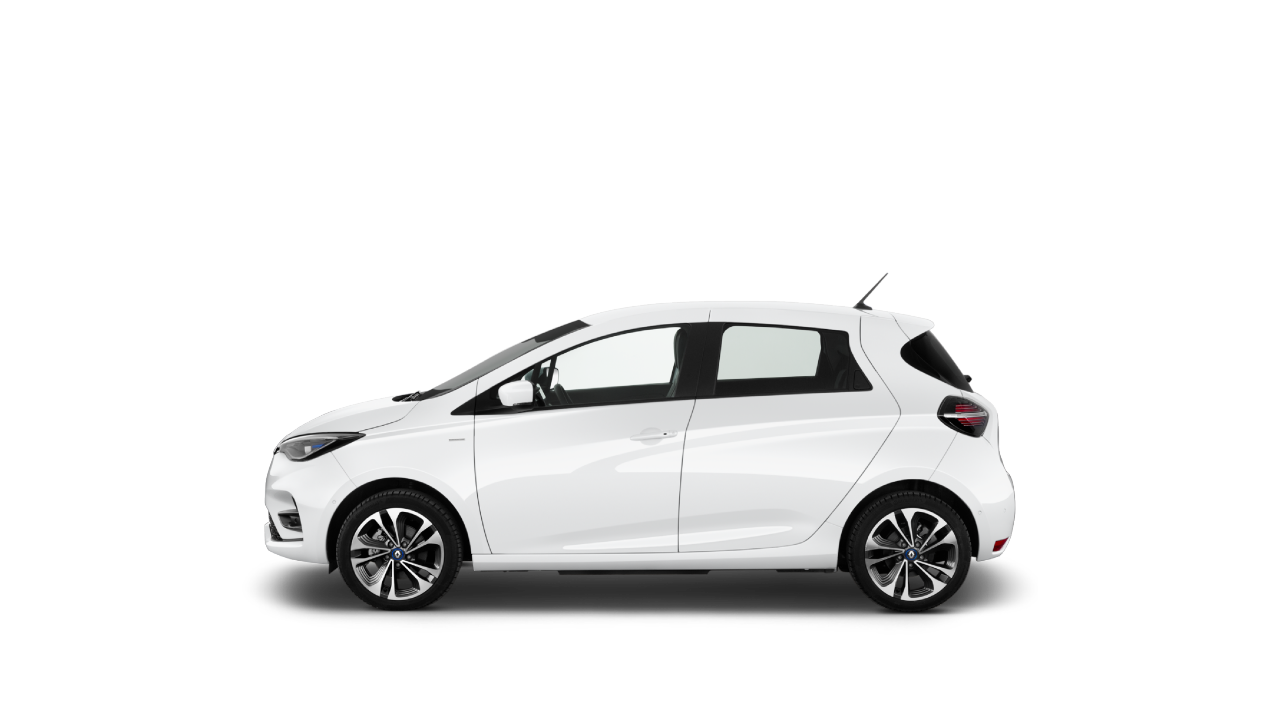Electric Vehicle Hire
At Enterprise, we strive to deliver exceptional customer experiences, and we’re happy to help you explore the world through a variety of vehicle choices and mobility solutions. At the forefront of these solutions is the integration of electric vehicles into our fleets to give you the best choice of electric vehicles to suit your needs.
Click on the link below to see where EVs are available near you or explore below to learn more about EVs, their potential benefits and if an electric vehicle is right for your next road trip.
Quick Links
EV Hub | Quick-Start Guide | EV Charging | Our EV Branches | EV Terminology Explained | EV FAQs
Benefits of Hiring an EV
Our Electric Vehicle Fleet
From small zippy cars, perfect for city breaks to spacious SUVs and luxury cars for work or leisure, we have the electric vehicle for you.
- BMW18i
- Nissan Leaf
- Audi E-tron
- Volvo XC40
- Mazda MX30
- Vauxhall Mokka
- Renault Zoe
Charging an Electric Vehicle
Charging an EV is a bit different from putting fuel in your car. You can use a home charging unit or find a charging station in your area using one of the many EV charging map apps. Every electric vehicle has a charging port, a bit like the fuel tank inlet on an ICE vehicle. When you’re ready to charge, you simply open the port cover and insert the charging station connector.
EV FAQs
Yes, your EV will be 80% charged which is the manufacturer’s maximum recommended charge to preserve battery life.
Specialist apps are available that map all the different charging points across the country. You can even plot a trip and see where you can recharge along the way. These apps can be downloaded and used on the go.
Google maps will also show you your nearest charging point if you search ‘EV charging points’.
Electric cars are fully battery powered while hybrid vehicles combine power from a battery and a backup conventional engine.

